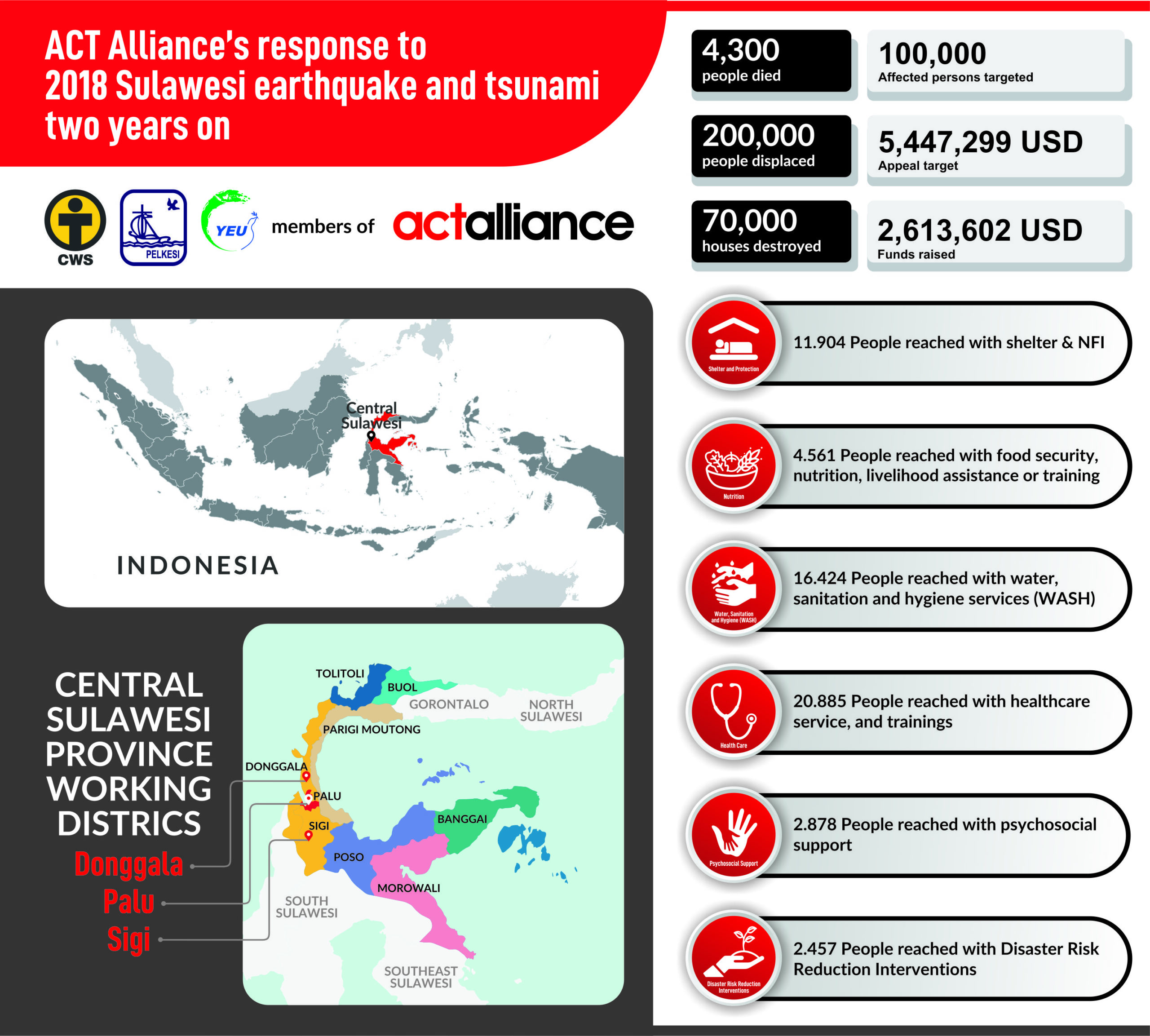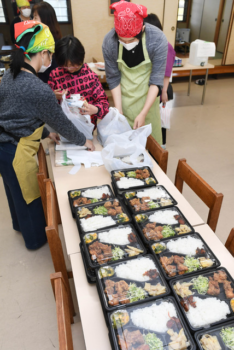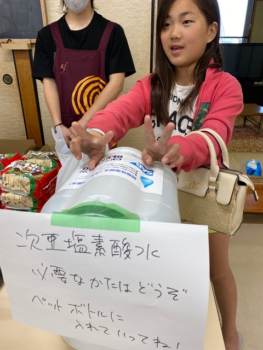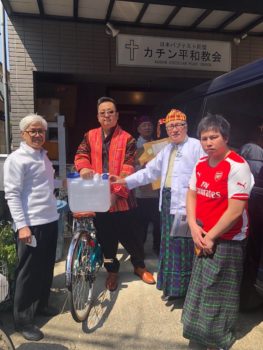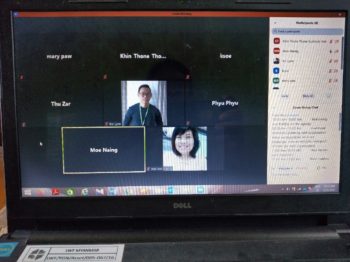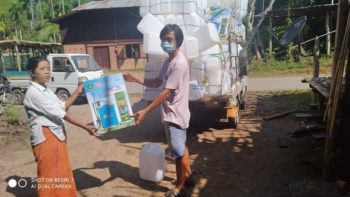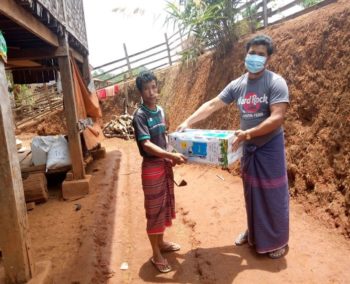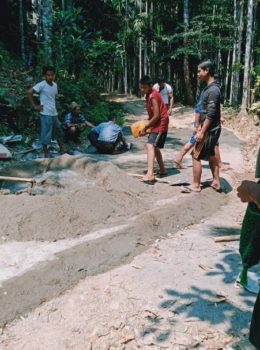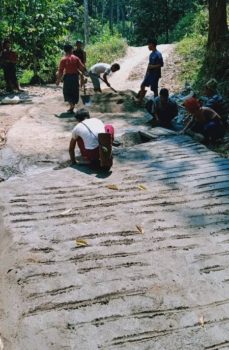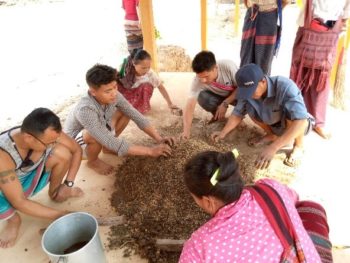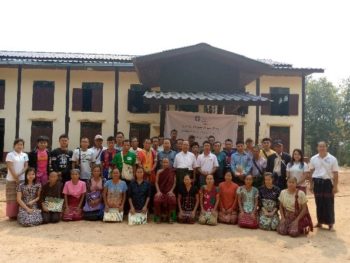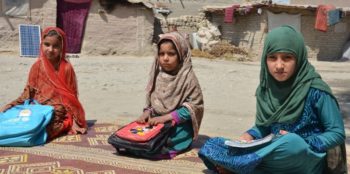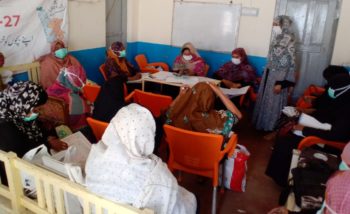As the rise of populist governments worldwide led to a questioning of the value of human rights as well as mechanisms and institutions to protect them, ACT Alliance a few months ago built up a global Project Task Group on Shrinking Spaces. Its objective is to oversee the development of a sub-strategy to address the issue.
The Group hasn’t had the opportunity yet to reach a common definition of shrinking spaces and its manifestations. However, while measures to fight terrorism still might affect a minority of our members, we assume that doing humanitarian or development work in the region, many of us have experiences with MoUs being cancelled, permissions not given, difficult banking procedures and visas not issued. We probably all see that voices advocating for the most vulnerable parts of society as well as critical thinking and questions are not welcome. Democratic rights are cut, societies become less and less equal. While social media might be a great channel for communication for all of us, they also have negative consequences. In order to discredit our work, we can be accused even more easily of spreading false news on purpose, of misinforming the population and of being loyal to the donors overseas only. And finally we assume that after the spread of COVID-19, work has even become more difficult in most countries because of curfews, emergency laws, lockdowns and travel restrictions turning humanitarian work into a high-wire act.
One member compared shrinking spaces to Corona: it affects all of us and it’s hard to protect ourselves, as there is no treatment and no vaccine yet. It’s a man-made disaster.
Our answer as ACT Alliance is solidarity, collaboration and courage based on our faith. Even before ACT’s sub-strategy has been formulated, these three features will move us forward:
- The solidarity to stand by and support ACT members and partners who are suffering from the impacts of shrinking space
- The courage to continue to speak out wherever necessary against measures and policies which constrict civic space further, whatever their origin
- Collaboration to enable better policy development within the alliance, sharing best-practice models and developing standards and innovative procedures to improve our own and others’ works.
The situation in the Philippines …
ACT-member National Council of Churches in the Philippines (NCCP) wrote in a resolution in November 2019: “Such red-tagging by the state may delay, impede, or even prevent the delivery of much-needed services to marginalized communities especially in the midst of disasters. Organizations like the NCCP should all the more be encouraged and supported especially in a context where human rights are attacked, and fear and insecurity constantly loom”.
Faith-based organisations and church people from around the world including ACT Alliance have signed a Unity Statement for the Protection and Promotion of Human Rights in the Philippines in September 2020.
Read more on the situation in the Philippines. ((Link to media release))
… and in India ((to follow))
